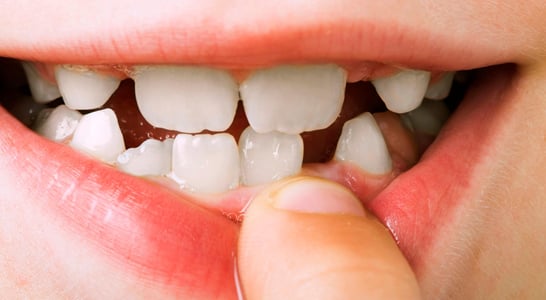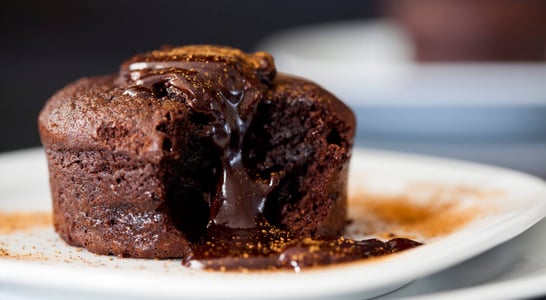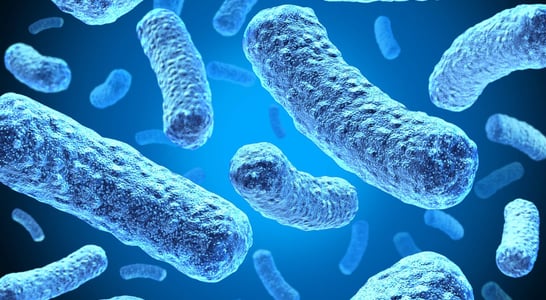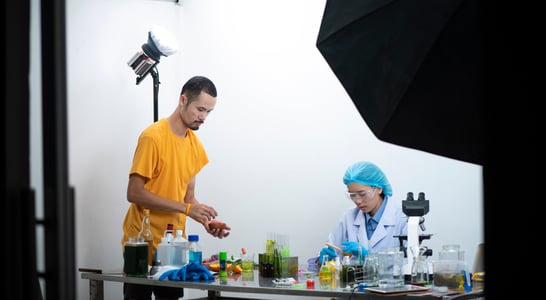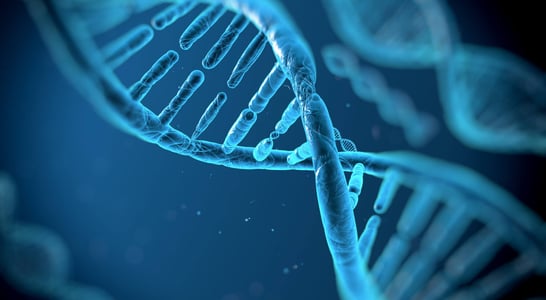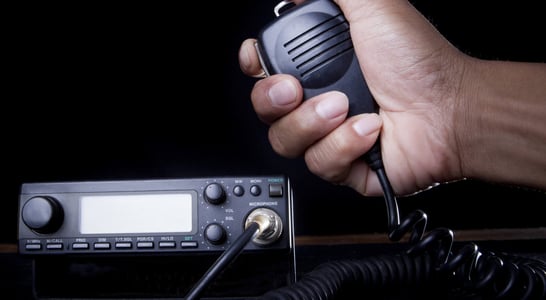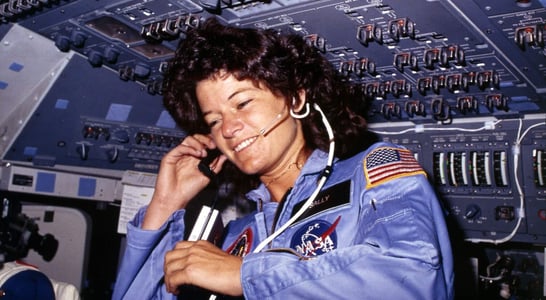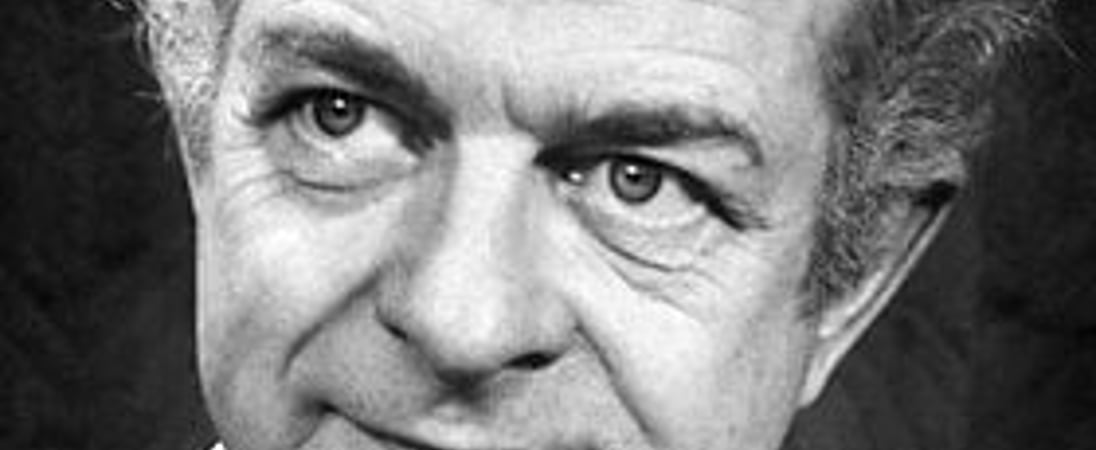
Linus Pauling Day
Linus Pauling Day is a lively celebration honoring the remarkable achievements of Linus Pauling. He was a pioneering scientist and a passionate peace activist.
This special day recognizes his groundbreaking contributions to chemistry and his tireless efforts for peace, making it a fitting tribute to a man whose work changed the world.
How to Celebrate Linus Pauling Day
Dive into Science
Celebrate Linus Pauling Day by diving into some fun science experiments. Create a simple volcano using baking soda and vinegar.
It’s an easy and exciting way to spark curiosity about chemistry. Kids and adults alike will enjoy the mini eruption right at home.
Health Nut Day
Channel your inner Linus by focusing on health. Whip up a delicious smoothie packed with vitamin C-rich fruits.
Or try cooking a meal based on the Mediterranean diet, a favorite topic of Pauling’s research. It’s a tasty way to honor his contributions to nutrition science.
Peace and Love
Pay tribute to Pauling’s peace activism by reading about his efforts against nuclear weapons and discussing them with friends or family. You can also create art or write poems about peace. Spread the message of love and harmony, just like Linus did.
Visit a Library
Check out a local library and explore books about Linus Pauling. Many libraries feature special collections or displays about his work.
You might even find digital archives that showcase his research papers. It’s a great way to learn more about his incredible contributions.
Host a Watch Party
Organize a watch party for documentaries or lectures about Linus Pauling. The Linus Pauling Institute often hosts webinars that delve into his work.
Invite friends over, pop some popcorn, and enjoy learning together. It’s both fun and educational.
History of Linus Pauling Day
Linus Pauling Day began as a way to honor the incredible work and life of Linus Pauling. The state of Oregon officially recognized this day to celebrate his achievements in science and peace activism.
The initiative started soon after his death in 1994 when Oregon’s governor proclaimed this day to keep Pauling’s legacy alive. He was an influential figure not only in Oregon but worldwide.
The Linus Pauling Institute, based at Oregon State University, plays a significant role in organizing events and spreading awareness about his contributions.
Every year, people gather to remember his impact on chemistry, health, and peace. Educational events, lectures, and activities help highlight his work.
Linus Pauling Day serves as a reminder of his dedication to bettering humanity through science and activism. His advancements in chemistry, especially in understanding chemical bonds, have been fundamental to the field.
Additionally, his advocacy for vitamin C and health played a key role in popularizing its benefits. Beyond science, Pauling’s activism against nuclear weapons earned him a Nobel Peace Prize, highlighting his diverse impact.
The day also reminds us of his dedication to education and humanitarian efforts. Linus Pauling inspired countless students and professionals to pursue science and peace.
The celebration includes events and activities organized by institutions like the Linus Pauling Institute, which continues to promote health and scientific research in his honor.
Linus Pauling Day FAQs
Why did Linus Pauling become fascinated with vitamin C?
Pauling’s interest in vitamin C started in the 1960s after meeting Dr. Irwin Stone, who proposed vitamin C’s potential to boost immunity and possibly prevent colds.
Stone’s unconventional ideas inspired Pauling to study vitamin C’s health benefits.
Pauling later advocated for high doses, sparking both interest and controversy in the medical field.
This eventually led to the popularity of vitamin C as a supplement, though experts still debate the merits of Pauling’s dosages.
What is one quirky fact about Linus Pauling’s Nobel Prizes?
Pauling received two unshared Nobel Prizes, an uncommon achievement.
He won the 1954 Nobel Prize in Chemistry for his work on chemical bonds, and the 1962 Nobel Peace Prize for his efforts to end nuclear testing.
Notably, he kept his Peace Prize medal in a drawer for years, saying that fame for peace work felt awkward to him.
Are there any fun myths or misconceptions about Pauling’s work with vitamin C?
A common myth is that Pauling suggested vitamin C could “cure” cancer.
In reality, he believed it might boost immunity and lessen cancer treatment side effects, though he never claimed it as a cure.
Even so, his theories about vitamin C sparked debates and inspired both scientific studies and public enthusiasm for supplements.
How is Linus Pauling celebrated in unexpected ways around the world?
Oregon State University, where Pauling studied and taught, hosts a science fair annually to honor his contributions.
Meanwhile, some chemistry students in Japan gather for “Pauling Night,” an informal meeting to discuss groundbreaking scientific discoveries.
In Brazil, a group of science enthusiasts holds a “Vitamin C Day,” raising awareness about nutrition in his memory.
Did Linus Pauling have any unexpected hobbies?
Pauling loved hiking in the California mountains. He often reflected on scientific questions while walking, a routine that helped him relax.
Pauling also enjoyed cooking, specifically soups rich in vitamin C. Colleagues remember him experimenting with fruit and vegetable dishes to get the most out of his favorite nutrient.
What unusual scientific methods did Pauling use in his research?
Pauling used a ball-and-stick model to visualize atomic bonds, an approach less common in the early 20th century.
His models gave him new insights into chemical bonding, ultimately helping him understand complex protein structures.
This hands-on approach remains part of chemistry classrooms worldwide, even though technology now offers 3D models and simulations.
Did Linus Pauling’s theories ever face backlash?
Yes, Pauling’s endorsement of vitamin C sparked a backlash. Medical organizations questioned his high-dose recommendations, calling them unproven.
Despite this, he stood by his claims, stating that he valued scientific curiosity over conformity. His courage in facing criticism inspired future researchers to explore controversial topics.
What influence did Pauling have on modern chemistry beyond his discoveries?
Pauling popularized the concept of electronegativity, helping chemists predict molecular behavior.
His ideas influenced the field of quantum chemistry, providing a foundation for future discoveries. Even today, electronegativity values are essential for studying chemical reactions in laboratories worldwide.
How do modern scientists view Pauling’s legacy?
Scientists recognize Pauling as a pioneer who brought chemistry to the public.
His work encouraged scientists to explore interdisciplinary approaches, blending chemistry, biology, and physics.
Today, Pauling’s influence remains strong, as universities offer scholarships and programs named in his honor, emphasizing research across scientific fields.
Are there unique foods people enjoy on Linus Pauling Day?
In Pauling’s honor, some people eat foods rich in vitamin C, like kiwi, strawberries, and bell peppers.
Nutritionists suggest making “Pauling Smoothies,” with vitamin C-packed fruits like oranges, pineapples, and mangoes, to celebrate the day. This tasty tribute highlights his love for nutrition and wellness.
See what else is happening…
There’s always more going on every month at Days Of The Year. Here are our favorites this month!
Also on ...
View all holidaysNational Tooth Fairy Day
Have you heard of the little visitor who brings treats to kids while they sleep? She's sparkly, sneaky, and always on the hunt for lost teeth!
National Chocolate Souffle Day
Indulge in a rich and airy dessert that's sure to impress! This decadent treat will have you craving more with every bite.
Rare Disease Day
Many people living with uncommon illnesses often feel forgotten. Raising awareness can inspire research, understanding, and hope for better treatments.
We think you may also like...
National DNA Day
Ever since Watson and Crick’s discovery of the double helix, DNA has aided healthcare, science, even crime. Try a DNA kit, or read about the history of DNA.
International Marconi Day
This 24-hour amateur radio event honors the legacy of Italian radio pioneer Guglielmo Marconi, for whom its named. Join the network to get involved!
National Women Inventors Month
Trailblazing women defy conventions, shaping innovations that redefine possibilities, steering the course of progress with brilliance.
